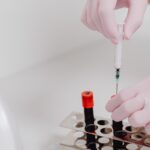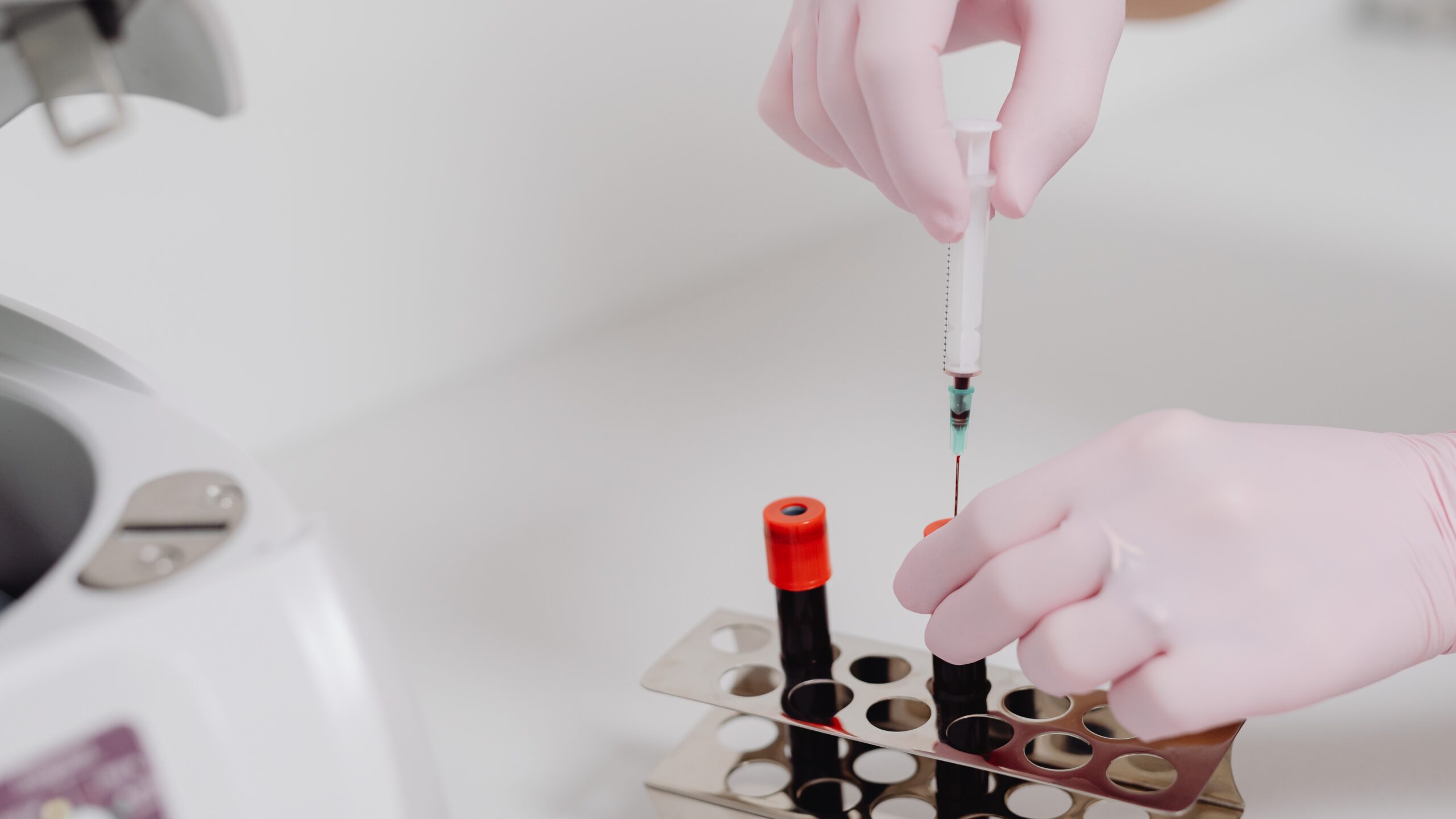Becoming a mother is often celebrated as a joyous and transformative experience, filled with moments of tenderness and overwhelming love. However, beneath the surface of this beautiful journey lies a reality that many women face: postpartum depression. This often misunderstood and stigmatized condition can cast a shadow over the early days of motherhood. In this article, we will explore the key aspects of postpartum depression, its symptoms, causes, and available support.
Defining Postpartum Depression
Postpartum depression (PPD) is a serious mental health disorder that affects some women after giving birth. Unlike the “baby blues,” which are transient mood changes that many new mothers experience, PPD lingers for a longer duration and can have a significant impact on a woman’s emotional well-being. Symptoms of PPD can vary in severity but often include overwhelming sadness, feelings of worthlessness, extreme fatigue, and a loss of interest in activities once enjoyed.
Recognizing the Symptoms
Understanding the symptoms of postpartum depression is crucial for both new mothers and their support networks. While experiencing some degree of exhaustion and emotional fluctuation is normal in the weeks following childbirth, persistent feelings of sadness or hopelessness that interfere with daily functioning are indicators of a deeper issue. Women with PPD may also struggle with bonding with their newborn, experience changes in appetite, have difficulty sleeping, and may even have intrusive thoughts.
Unraveling the Causes
The causes of postpartum depression are multifaceted and often intertwine with biological, psychological, and environmental factors. Hormonal fluctuations, specifically the dramatic drop in estrogen and progesterone levels after childbirth, can contribute to mood disturbances. Additionally, a history of mental health issues, such as anxiety or depression, can increase the risk of developing PPD. Lack of a strong support system, sleep deprivation, and unrealistic expectations about motherhood can also play a role in triggering or exacerbating the condition.
Breaking the Stigma
One of the biggest challenges women with postpartum depression face is the stigma surrounding mental health. Society’s romanticized notion of motherhood often leads to a reluctance to acknowledge the struggles that come with it. This stigma can prevent women from seeking help, compounding their suffering. It’s crucial to remember that PPD is not a reflection of a woman’s ability to be a good mother; it’s a medical condition that requires proper care and attention.
Seeking Support
The journey to healing from postpartum depression begins with seeking help. Many effective treatment options are available, ranging from therapy to medication. Cognitive Behavioral Therapy (CBT) has shown promising results in helping women manage their symptoms by addressing negative thought patterns and teaching coping strategies. In some cases, medication may be recommended, especially if the depression is severe or not improving with therapy alone.
The Role of Support Networks
Support from loved ones, healthcare professionals, and peer groups can significantly aid a woman’s recovery from postpartum depression. Partners, family members, and friends can offer emotional support and assistance with daily tasks, allowing the mother to focus on her well-being. It’s essential for those close to a woman with PPD to educate themselves about the condition, practicing empathy and understanding.
A Message of Hope
While postpartum depression can cast a shadow on the early days of motherhood, it’s important to emphasize that recovery is possible. With the right treatment, support, and self-care, women can emerge from the darkness of PPD and regain their emotional well-being. Remember, seeking help is a sign of strength, and every woman deserves the chance to fully embrace the joys of motherhood.
In conclusion: Postpartum depression is a complex and often underestimated condition that affects many new mothers. By raising awareness, breaking the stigma, and providing proper support and treatment, we can create a more compassionate and understanding environment for women navigating the challenges of postpartum depression. It’s essential to recognize that seeking help is a courageous step towards healing and that every mother deserves the opportunity to enjoy the journey of motherhood with the support she needs.
Read More:










